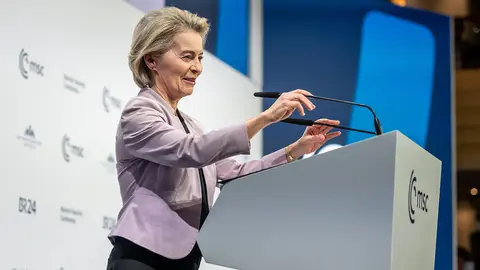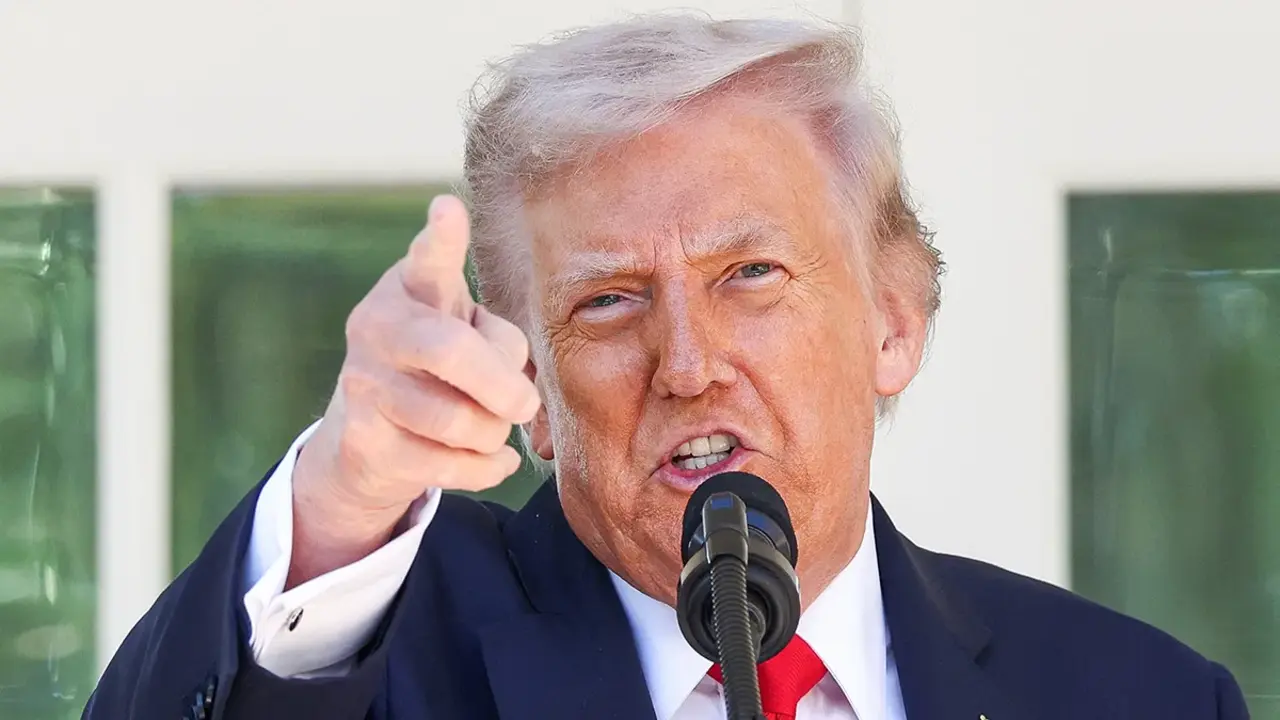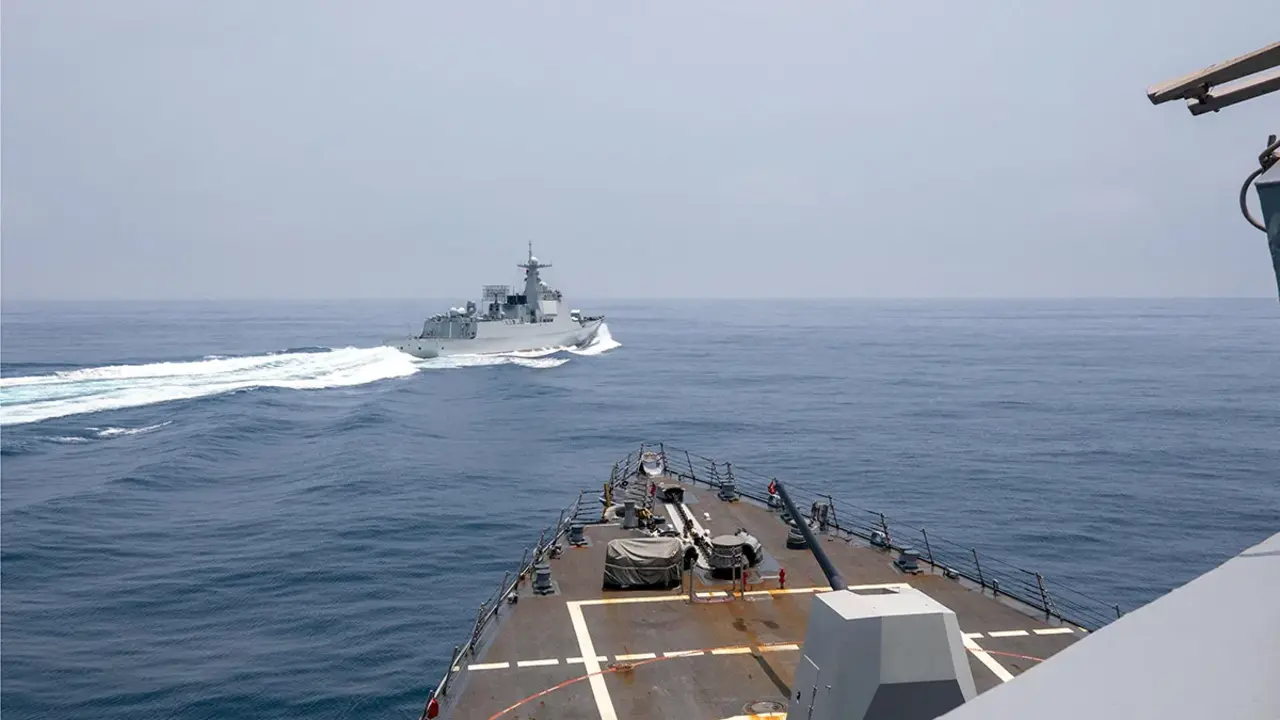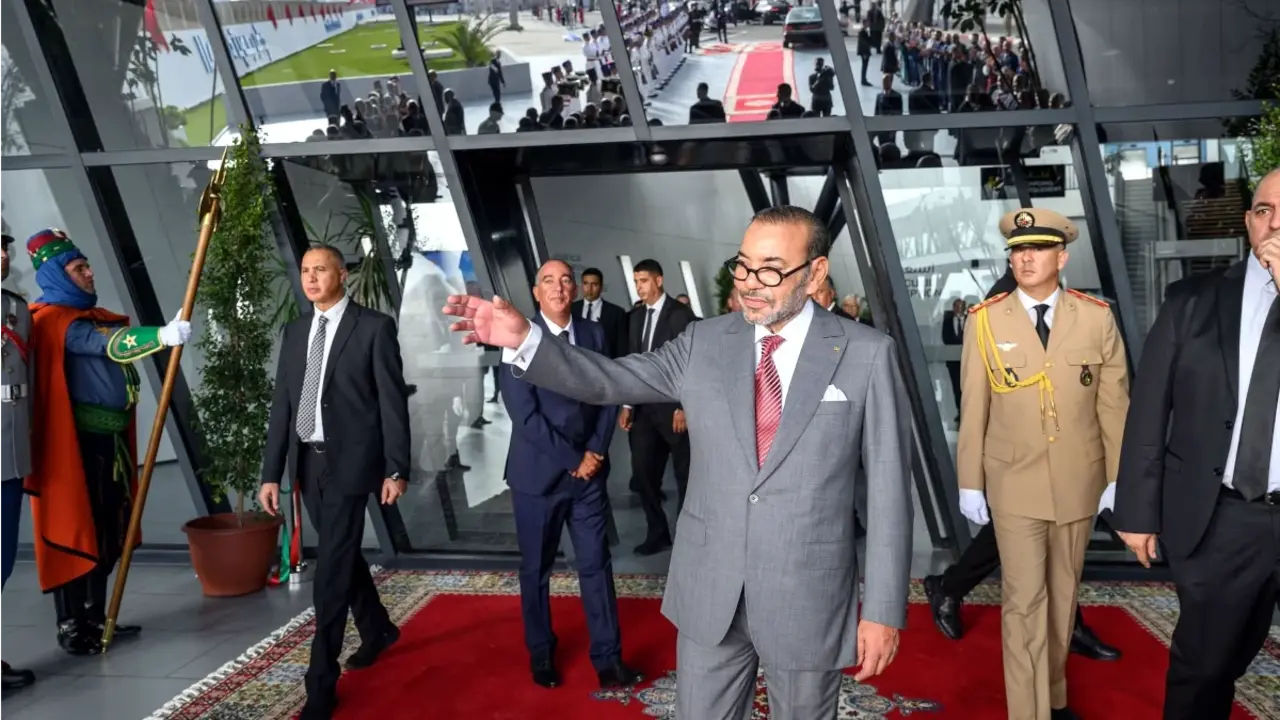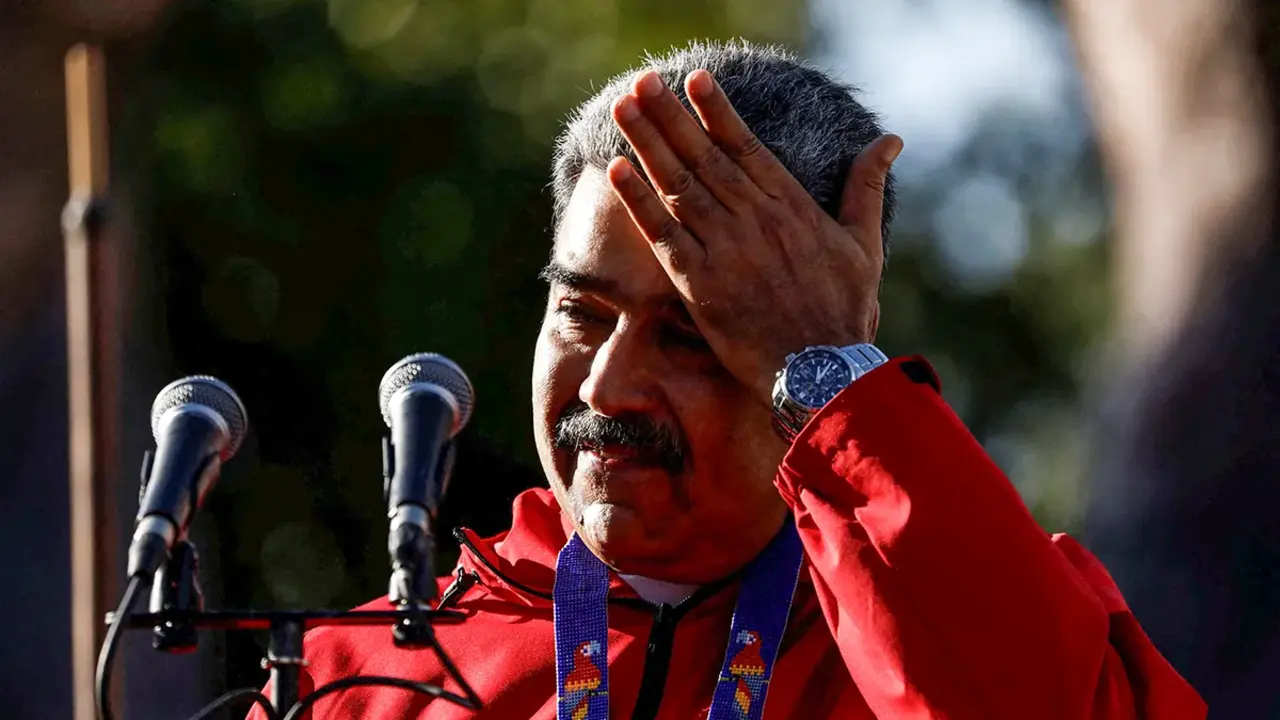Europe, scenarios and opportunities
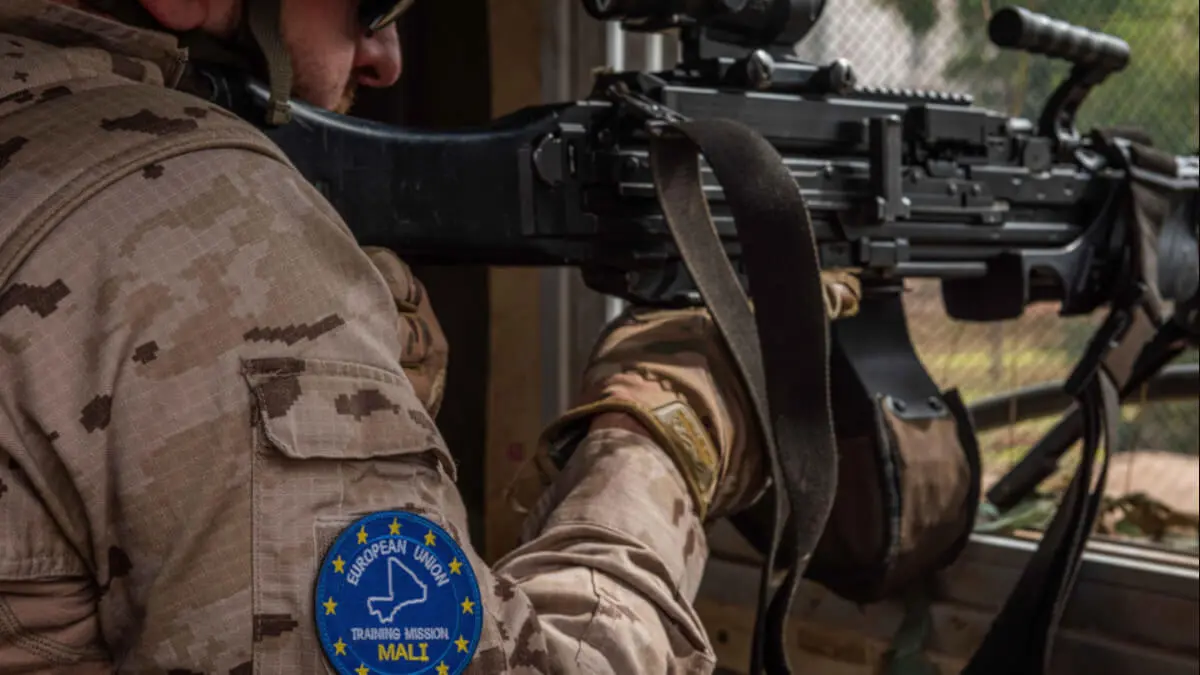
We can definitely say without fear of contradiction that Providence has given us the opportunity to live in interesting times, and I greatly fear that this is not in its most positive sense. However, we can always turn to another Chinese proverb that says that ‘every period of problems, or negativity, is also a moment of opportunity’. How we take advantage of it is up to us.
I have the feeling that, due to the surprising and, in some cases, embarrassing events of the last few days, there are those in Brussels who have come face to face with the reality that surrounds us and have suddenly become aware of the many fronts we must attend to.
And, most importantly, that we can only rely on ourselves. In the face of such a ‘fall from the horse’, like Saul on the road to Damascus, (the city in question could not be more to the point), something is stirring, although for now we are no further on than meetings, discussions and ideas with dizzying figures that go no further than that, than ideas. And although it is not our intention to analyse these proposals today, we have to say that we are not optimistic about the effectiveness of the final result. Hopefully we will have to write an article to rectify this perception. Nothing would please us more.

Although the focus is, inevitably, on Ukraine, there are several fronts to take into account, with the particularity that several of them, if not all, will be directly affected by what happens on the border of Eastern Europe. It is clear that we have much more at stake than the general population realises.
The main theatres where attention is focused are: Ukraine, the Sahel, the Asia-Pacific region and the Arctic. And in each and every one of them, even though they are of vital importance for Europe, for one reason or another, Europe's role is not only not decisive, but we have either abandoned it or we have simply never been there.
For this reason, the new direction taken by US foreign policy may result in Brussels becoming truly aware of the situation and the European Union becoming involved at the level it deserves. But at least until now, that horizon seems very far away.

What some circles do not seem to understand is that Europe's willingness and ability to act on the other fronts that are opening up will depend to a large extent on the decisions taken in relation to the role we want to play in Ukraine.
Faced with the situation created in Ukraine, the European Union must decide what to do, but despite the apparent concern, the worst of this organisation's evils has made its appearance: the inability to take important decisions or, to put it in other, more understandable terms, the inability to move from words to deeds. And the most worrying aspect of this reality is that, to a large extent, this lack of efficiency is due to the fact that the Member States either put their own interests first (which are none other than the partisan interests of the parties that govern each of the countries), or they seek to obtain the greatest possible benefit from any agreements that may be reached.
Ukraine needs help. The vacuum left by the United States is huge, and not only in terms of the supply of weapons, equipment of all kinds and ammunition, but also in terms of the paralysis of the flow of intelligence, which is vital in two fundamental areas: knowledge of the movements of Russian forces, including early warning of massive drone and missile attacks, and support for the ‘targeting process’, i.e. the localisation, identification and designation of targets in depth within the Russian deployment. The loss of this intelligence support is the really serious issue and what may allow Russia to do much more damage than it is already doing.
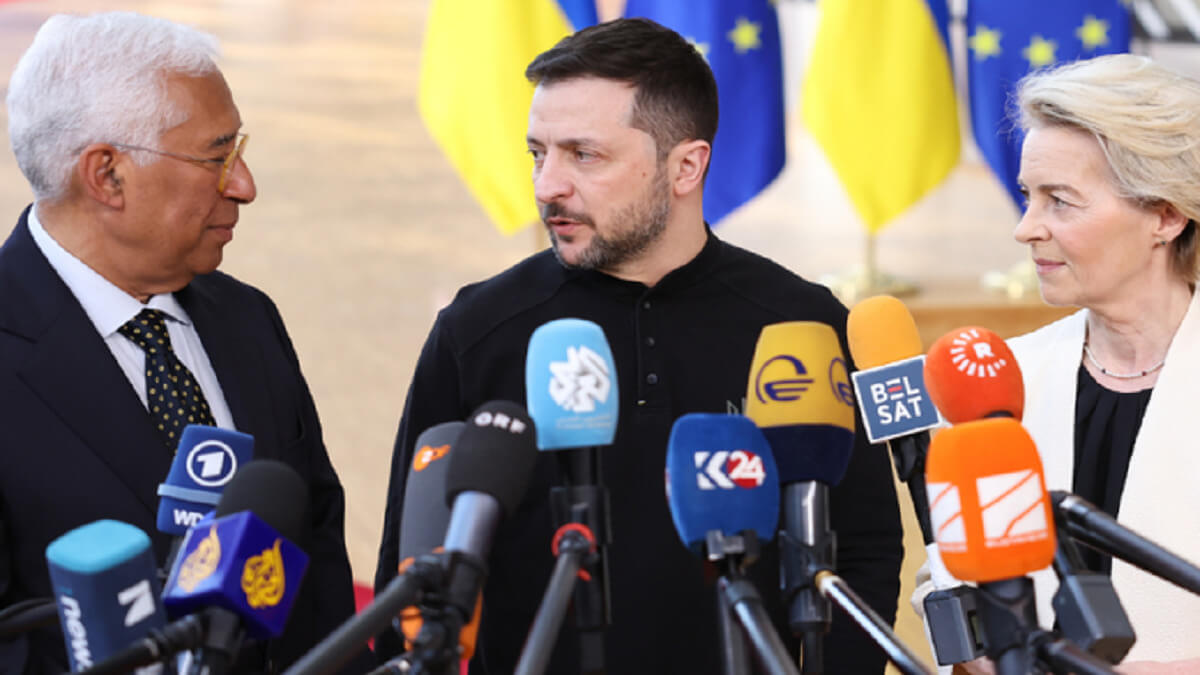
In terms of weaponry and munitions, Europe is incapable of filling the gap left by the USA, but it can cover part of it, minimising the impact of the new American position. However, and contrary to what many people think, and despite the fact that some steps have already been taken over the last two years, recreating a true industrial framework at the service of defence, one that provides what is needed, with the necessary level of technology and in the quantities required, is something that, no matter how much money is invested (and it is necessary to invest unimaginable amounts), will take several years to bear fruit.
And it is not just a question of building arms and munitions factories, it is about attracting and training talent capable of developing new technologies, perfecting existing ones and putting us at the level necessary to achieve true independence or at least to reach minimum levels of dependence. We are talking about strengthening certain sectors in industry as well as in education and, more importantly, in the perception that European society has of security and defence. Until we manage to get them to stop seeing this as an unnecessary expense and not as an investment that guarantees our progress and development in all other fields, none of what is being proposed will be possible.
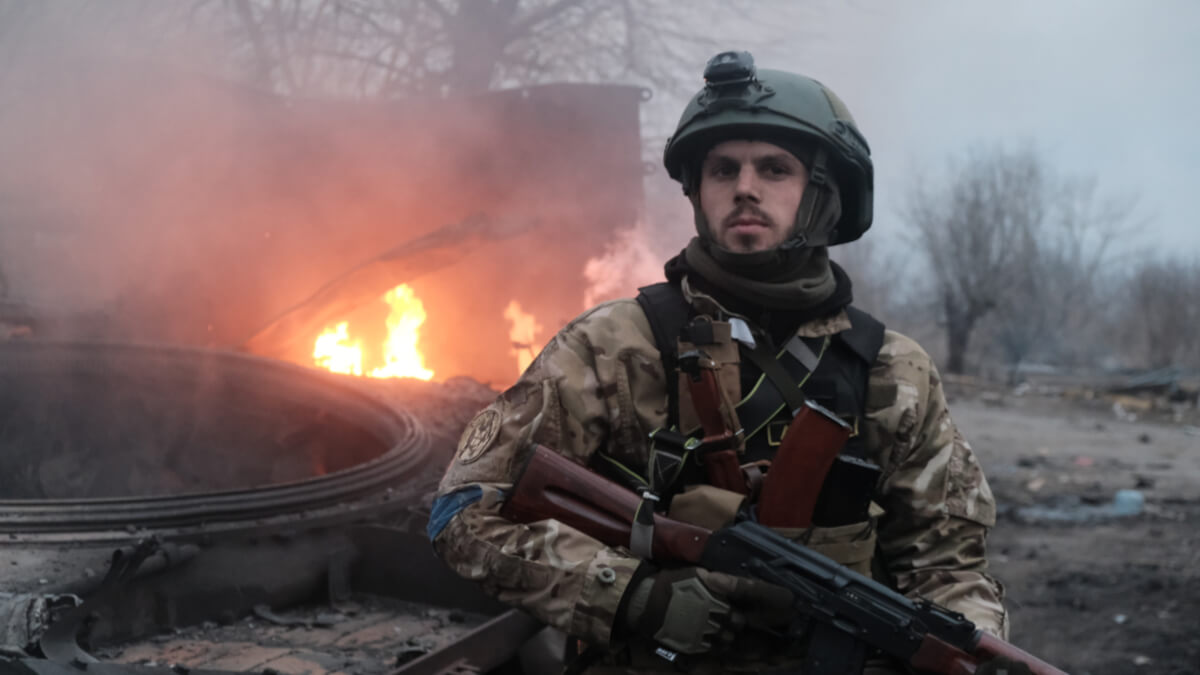
Similarly, as long as member countries continue to see this as a business or a political opportunity, the historic moment we are facing, which gives us the opportunity to change forever the foundations of the very construction of Europe, nothing will be possible and we will only be wasting time and money. And what is more serious, creating false hopes once again.
The area of intelligence support is more critical to supply, at least at the level it was receiving until now. Even combining all the capabilities of the most advanced and best equipped countries in the EU, it would be difficult to reach just over 50% of what the US is capable of providing.
The Achilles heel, however, is in the use of the Starlink constellation. Not because the command and control system relies on the link it provides (although this is redundant and its loss would not be so critical), but because of the capacity it gives to the massive use of drones, as it offers more than enough bandwidth to allow hundreds of them to be flying and transmitting images simultaneously. Recovering this resource, which is critical for the use of one of the most revolutionary and effective means of this conflict, would indeed be a challenge for Europe.
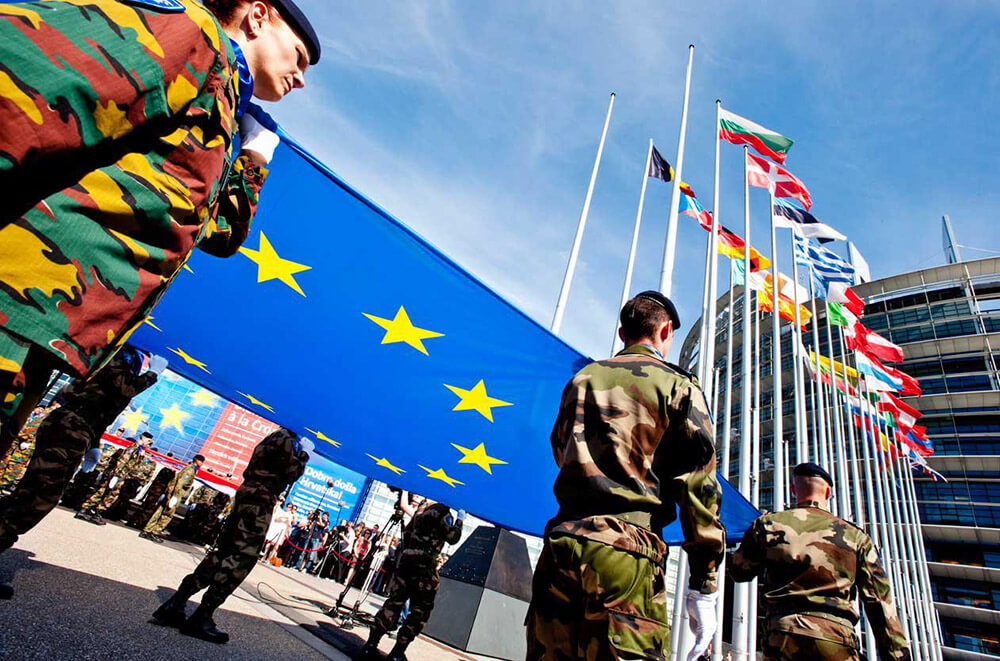
So, as we said at the beginning, what is decided and carried out with regard to the conflict in Ukraine depends not only on the future of this country (although we are convinced that with more or less resources, with more or less support they will not give up the legitimate defence of their soil, as we wrote here more than two years ago), but also on how the EU will be able to face other threats.
If the future scenario surprises us with a really effective coordination of EU member countries, in such a way that not only the objective of maintaining support for Ukraine is achieved, but also leads us down the path of a true common security and defence policy, our capacity for action and influence in the Sahel will also change radically, and that will probably be the scenario in which we will have to work hard in the medium term, being very optimistic.
But we should not only be concerned about the threat from the south. The Ukrainian conflict also has implications for what will happen in the Arctic, an area in which China (a major player in the Asia-Pacific region and which has a lot to do with the US ‘withdrawal’ from Ukraine) has shown a growing and public interest. Not so much for access to resources, which is complicated without being an Arctic nation, but for what it would mean to close the circle of the ‘Silk Road’ by using the northern route on a regular basis once it is open. And two European nations are among the five that are considered ‘Arctic nations’, that is, with a coastline and rights over the waters and resources found there.
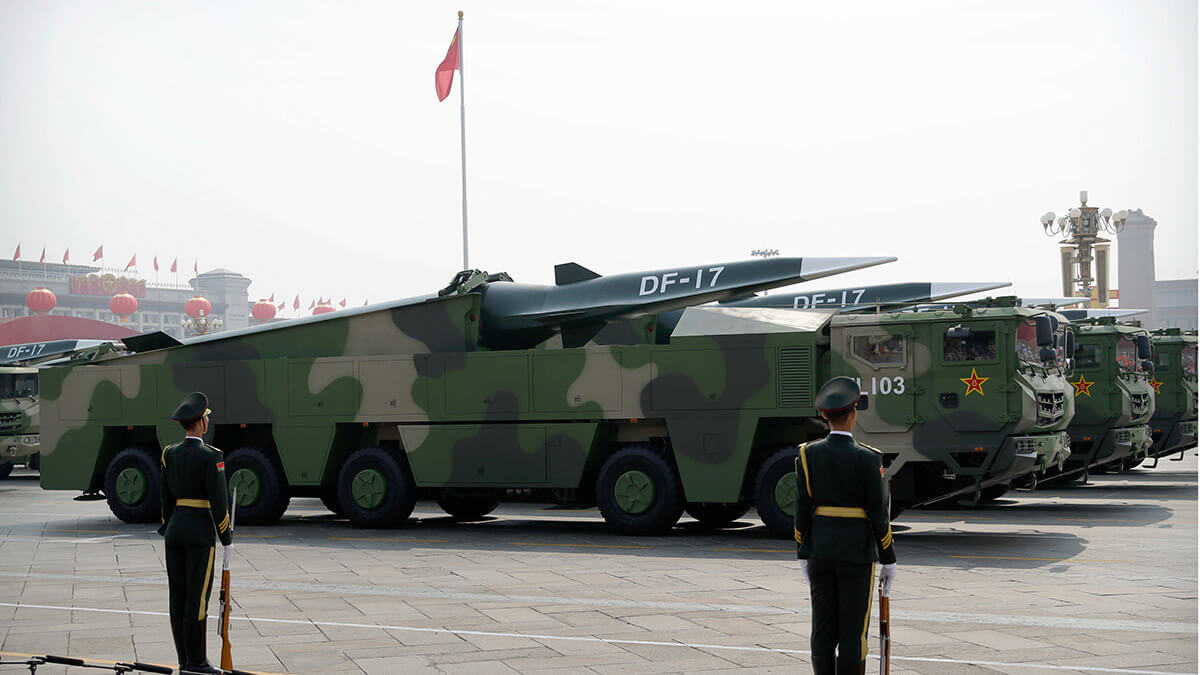
When tension reaches that area, which it will, Europe will once again be asked to act. If by then we continue as we are, our capacity to react and defend our common interests will be the same as we have found at the present time, that is to say, irrelevant.
As we can see, and as has been explained at the beginning of this article, we are not dealing with independent fronts. There are numerous communicating vessels that lead us to affirm that what happens in one will irremediably affect the others. And in all of them Europe has interests and its future as an international actor is at stake.
We can therefore consider two scenarios with two common denominators, at least in the medium term. In both, China will remain on the sidelines, acting behind the scenes but without direct involvement, and the US will continue its policy of withdrawal from the Ukrainian and European scene.
In the first scenario, things will continue as they have been. Despite the words and agreements, no far-reaching reform with long-term planning will be carried out, which will lead not only to an unwanted end or an infamous entrenchment of the war in Ukraine, but, what is more serious, it will definitively reveal the weakness of the European Union and give wings to all those who have an interest in definitively removing it from the equation. And, of course, our capacity to react when the southern front explodes will be zero.
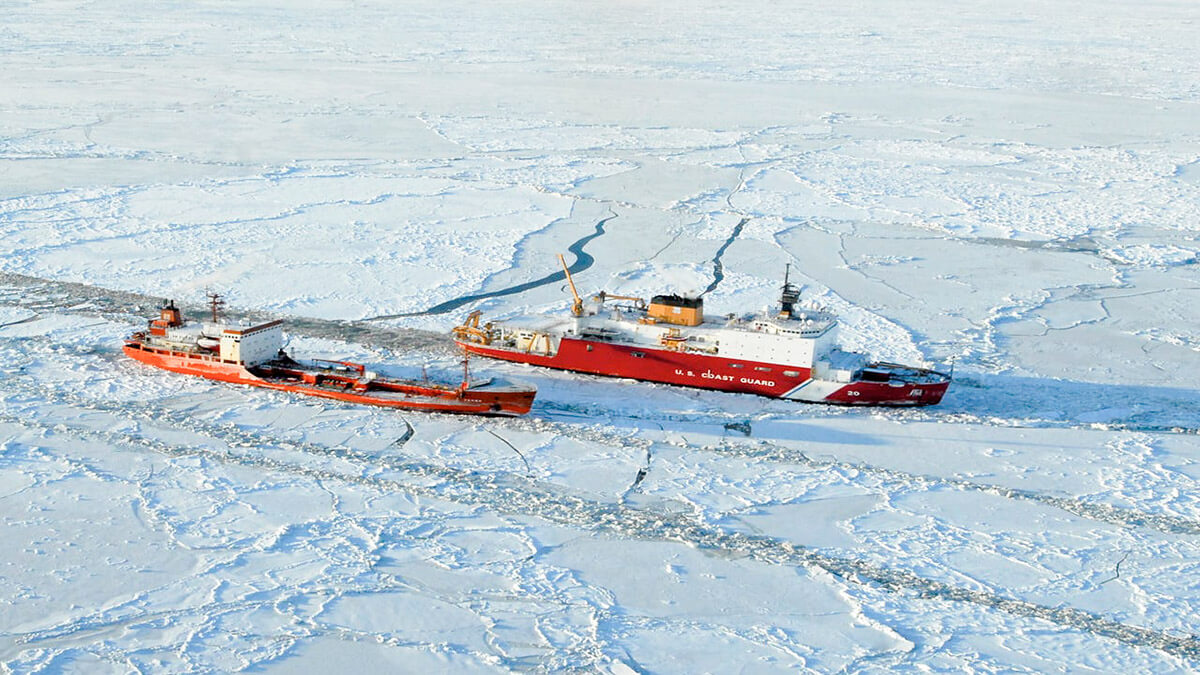
In the second, the European Union has the opportunity to establish itself as a major player. And while it will not be able to supply everything that Ukraine needs, it will help to make the end a very different one, or at least not so unfavourable, and, more importantly, it will have presented itself as someone to be reckoned with. As many have mentioned during this week, we will have a real and credible deterrent capability. Not because of the means, at least in the short term, but because of the determination, which is much more important.
The key to making this second scenario materialise is in the figure of a statesman. The EU needs a true statesman, with charisma and capable of exercising seamless leadership, and that is our greatest deficiency.
It is more than likely that in certain circles someone has drawn a world map with three poles, with different power, but three poles located in Washington, Beijing and Moscow. And at the moment this may be the case. But let's not forget that in terms of population and capabilities there may be a fourth that, although it may sound like science fiction now, could become the most influential.
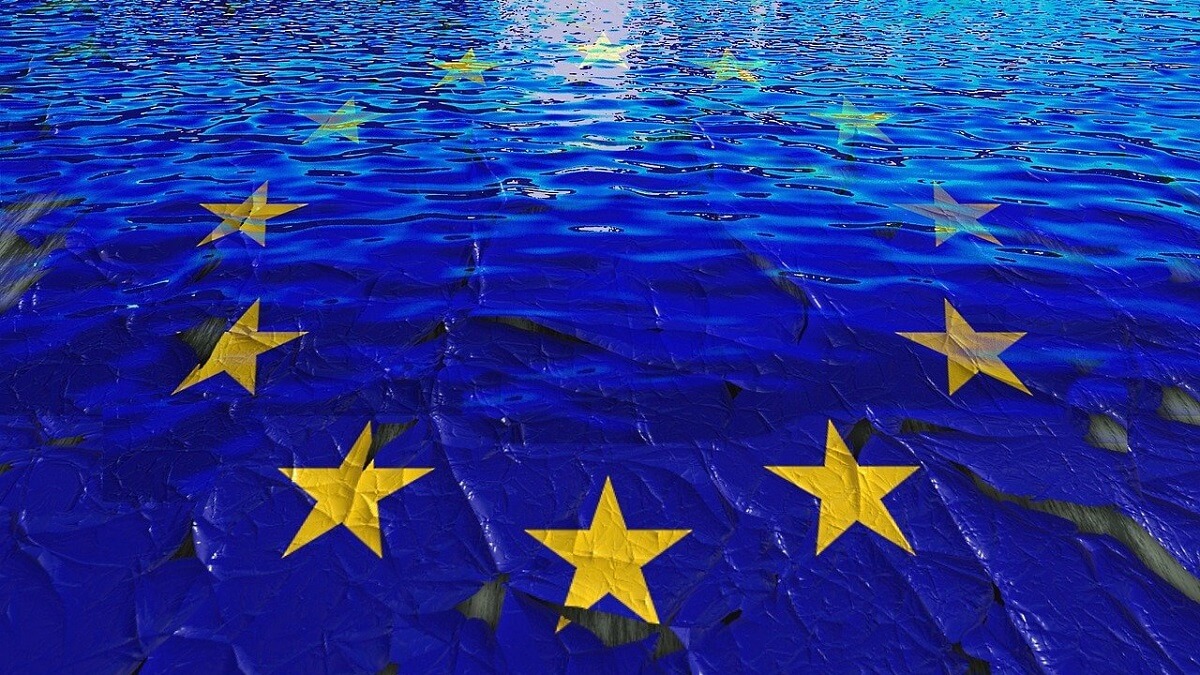
To finish, we recall here some words recently spoken by the Polish Prime Minister Donald Tusk: ‘An organisation that brings together 27 countries with more than 450 million inhabitants is asking a country with 340 million to defend it from a third with 140 million’. Of course, and expressed in colloquial language, the joke is self-explanatory.
The European Union has the capacity, the means, the talent and the population to be considered a power in its own right. Whether or not this happens depends on us, on what we are prepared to take on and on a figure capable of leading us, which is no small thing.



